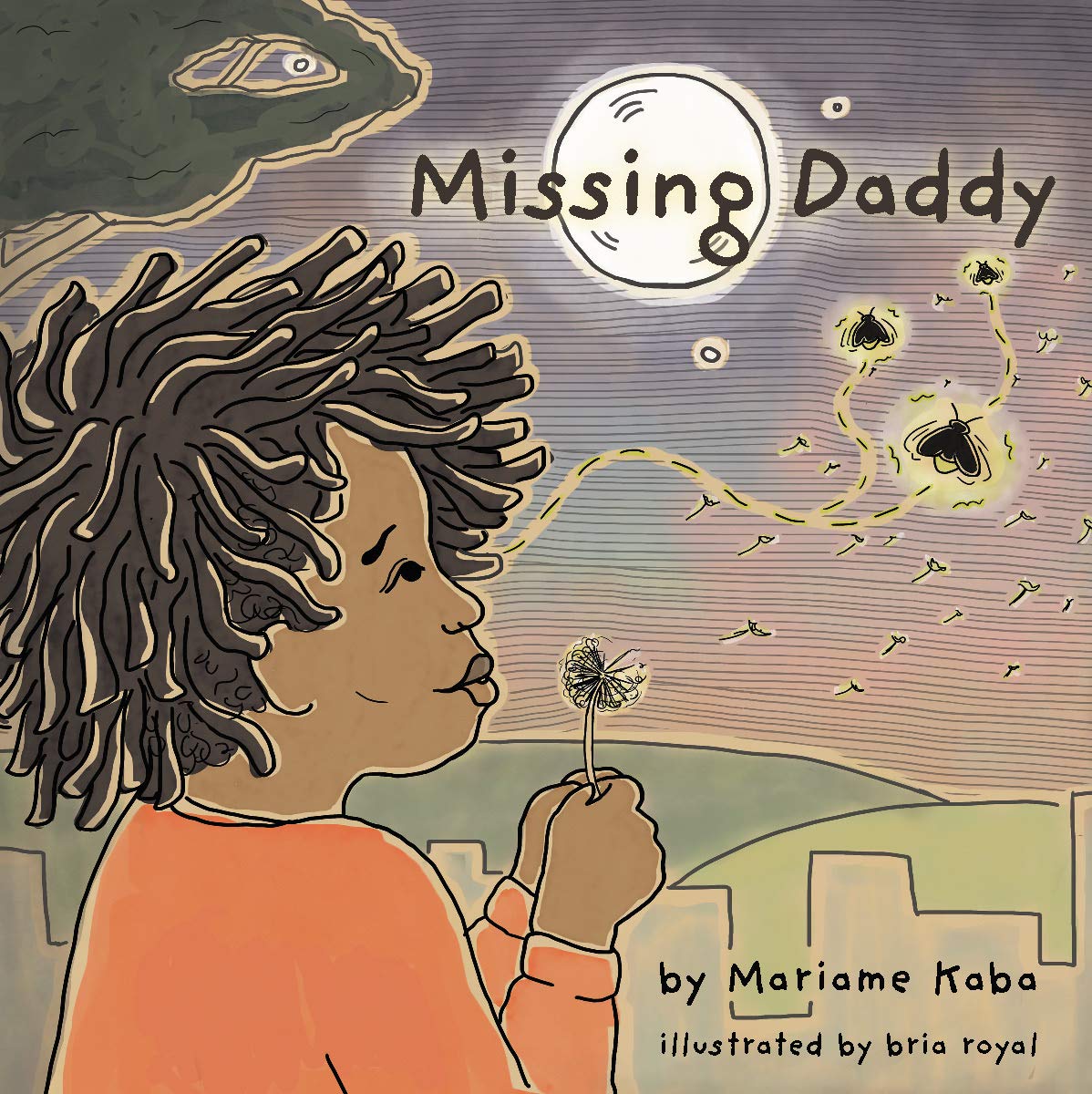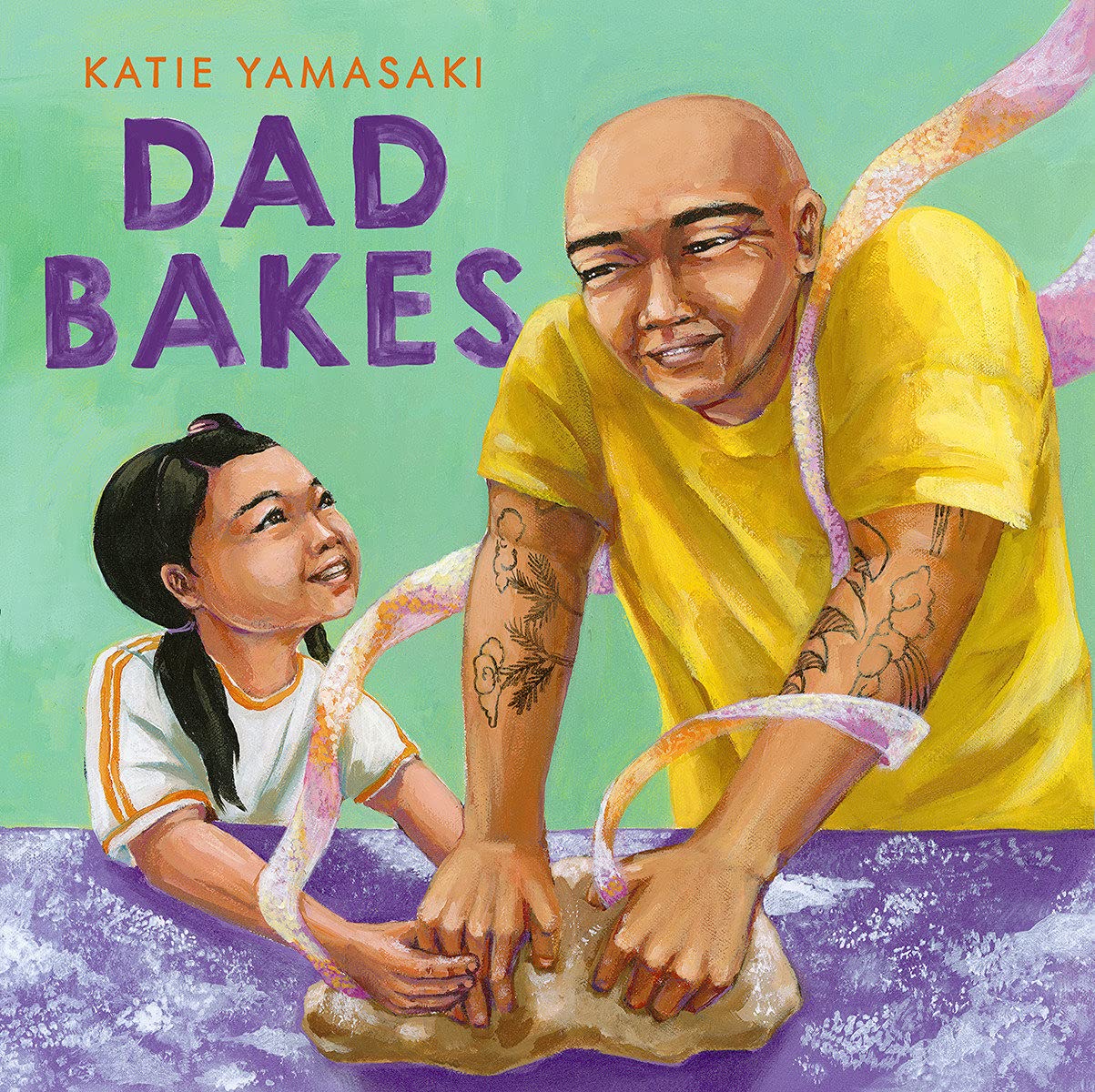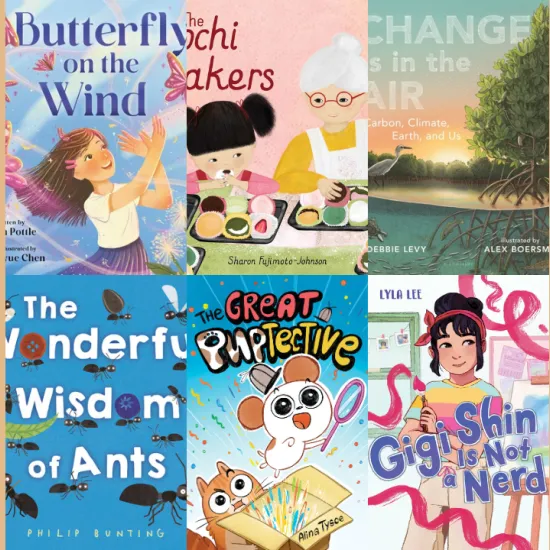- Tuesday, June 06, 2023
Dinner Table Talks create the opportunity for families to have important conversations centered around books. These discussions will build our capacity for talking about race and define our roles in fighting against both every day and systemic racism.
Nylo talks with Murray about his mom's incarceration. Talking to his older brother about his feelings helps him to cope.
“There are 2.7 million children under 18 who have an incarcerated parent and over 5 million have experienced the incarceration of a parent at some point in their lives. In other words, 1 in 28 American children (3.6%) have an incarcerated parent. Thirty years ago, the numbers was 1 in 125. About 1 in 9 Black children and 1 in 28 Latino children have an incarcerated parent. More than 14,000 children of incarcerated enter foster care each year….
…Each of these children has a story to tell, yet we rarely hear their voices in public. Many children cannot articulate their feelings of longing for their incarcerated parent and so they keep their anger, sadness, and fear bottled up. This books my attempt to amplify the voices of the children with incarcerated loved ones.”—Author’s Note, Missing Daddy by Mariame Kaba
__________________________________________________________________
Missing Daddy

Find a copy here
Educator and activist Mariame Kaba writes a story about the experiences that a child might have as a person with an incarcerated parent. From the hesitant joy of temporarily seeing their father to not being given honest or clear answers about why their father is in prison, Kaba captures the many conflicting emotions that the main character often feels. While there are internal struggles, there is still love between parent and child, and the child tries their best to remain optimistic and celebrate the love that they have for their father. The book concludes with a note from the author that further explains the impact that the U.S. prison system has on families, particularly families of color. While children with incarcerated parents are being very much affected in high numbers, the author still expresses hope for the future.
___________
Dad Bakes

Find a copy here.
Dad Bakes is a story inspired by muralist and author Katie Yamaskai's work with incarcerated mothers and fathers across the country. This heartfelt story subtley hints at past incarceration and is filled with quiet moments of reclaiming life and joy. It shows the love, devotion, strength and resilience a father has to successfully return to his community and provide a home for himself and daughter. The simple and straight forward text lends itself well to young readers. In the author's note Katie Yamaskai dedicates Dad Bakes to families affected by incarceration and the organizations that help them.
"...We belong to one another, so when someone returns to the community, it is up to all of us to support their healing and opportunities to thrive, as we collectively build a world where all people are valued..." - Katie Yamasaki
Children of Incarcerated Parents BILL OF RIGHTS
- I have the right to be kept safe and informed at the time of my parent’s arrest.
- I have the right to be heard when decisions are made about me.
- I have the right to be considered when decisions are made about my parent.
- I have the right to be well cared for in my parent’s absence.
- I have the right to speak with, see and touch my parent.
- I have the right to support as I face my parent’s incarceration.
- I have the right to not be judged, blamed or labeled because my parent is incarcerated.
- I have the right to a lifelong relationship with my parent.
TAKEN FROM: SFCIPP.ORG
This Bill of Rights was developed by the San Francisco Children of Incarcerated Parents Partnership.
__________________________________________________________________
Guidelines for Discussion
- Be open and honest--even when it's hard.
- Understand your own prejudice and bias.
- Embrace other cultures or races by reading books, watching movies and going to community events.
- Celebrate yourself and your own cultural identity.
- Don't shy away from conversations about race. Talking is how you build capacity for anti-racism.
- Acknowledge your mistakes and learn from them.
- It's okay not to know the answer. Look for it together.
Adapted from the Embrace Race and MomsRisings' 10 Tips for Teaching and Talking to Kids About Race and Richland Library's Let's Talk Race team
Questions for Conversation
Jail: a place where people who have been accused or convicted of crimes are confined or incarcerated. Generally, people stay in jail if they are sentenced for less than a year’s time or if they are waiting for their trial.
Prison: a place where people who have been accused or convicted of crimes are confined or incarcerated. If people receive a sentence for more than a year, they go to prison.
Incarcerate: to restrict the ability of a person so that they are not allowed to leave a jail or prison.
Definitions from A Caregivers’ Guide: How to Explain Jails and Prisons to Children*
*Caregivers, you may want to review this guide before reading together and discussing. Even if your child doesn’t have a loved one that is incarcerated, they may have a lot of questions. This guide will help you answer some of those questions.
Younger Children (Preschool-2nd Grade)
- Look at the book Missing Daddy. What do you notice on the cover? What colors do you see?
- What do you think the little girl on the cover of Missing Daddy is wishing for? What would you wish for?
- Now look at the book Dad Bakes. What do you notice on the cover? What colors do you see?
- What do you think the girl and her dad are making on the cover of Dad Bakes? When you look at her face, what do you think she is thinking?
- In both of these books, we are introduced to different families. Think about your family and your friends' families. How are they different? How are they the same?
- In Missing Daddy, the child says that her daddy has been in prison since she was three. When she asks why, her grandma replies, “Baby, the reasons are many.” Can you think of what some of the reasons might be?
- The child in Dad Bakes does a lot of things on her own while she waits for her dad to wake up. What can you do on your own?
- The classmates say hurtful things to the little girl about her daddy being in prison in Missing Daddy. Why do you think they say , “You know your daddy’s a criminal so that makes you one.”? Has someone ever said something hurtful to you?
- After being in prison, people have a hard time getting a job after they are released. Why do you think it is hard for them to get a job?
- Both girls have special relationships with their fathers. How do you think spending time with them makes the girls feel?
Older Children (3rd Grade & Older)
- Compare the covers of Missing Daddy and Dad Bakes. What do you notice about each book? Even though these books are different, how are they connected?
- Look at the colors used in each of the books. Why do you think the illustrators chose these colors? What impact do the colors have?
- In both books, the main characters have parents who are or were incarcerated. How do you think the main characters feel about this experience? Can you imagine how you might feel?
- Do you or your family know anyone who has been incarcerated? Why do you think it’s hard for people to talk about this experience?
- Why do you think the classmates in Missing Daddy say , “You know your daddy’s a criminal so that makes you one.”? Have you ever said something hurtful to a classmate or friend? Why did you say it? What did you do afterwards?
- In Dad Bakes, what do you think is in the purple box marked “Papa?” On the next page, when she is laying stretched out on her bed, look at everything that surrounds her. Why do you think these items are important to her? What story do they tell?
- The girl in Missing Daddy talks to a counselor. What does a counselor do? Why do you think people should talk about their feelings?
- In Missing Daddy, her father gives her the nickname, “Light Bug.” Do you think “light bug” might have meaning beyond a nickname?
- The images of clouds are present throughout Dad Bakes. Why do you think the illustrator chose clouds and why do you think they are important to the story?
- If your parent was in prison, what could your friends and family do to support you during this experience?
Want to continue the conversation? Need more resources?
Take a look at the following websites to learn more:
- Homeboy Industries, Los Angeles, CA: homeboyindustries.org
- Hour Children, Long Island City, NY: www.hourchildren.org
- On the Rise Bakery, Detroit, MI: www.cskdetroit.org/bakery
- The Osborne Association, Brooklyn, NY: www.susu-osborne.org
- STEPS to End Family Violence, New York, NY: www.risungground.org/programs/steps
- Women and Justice Project, Jackson Heights, NY: www.womenandjusticeproject.org
Also, check out our Understanding Race, Equity and Inclusion resource for more books, podcasts, events and information.


